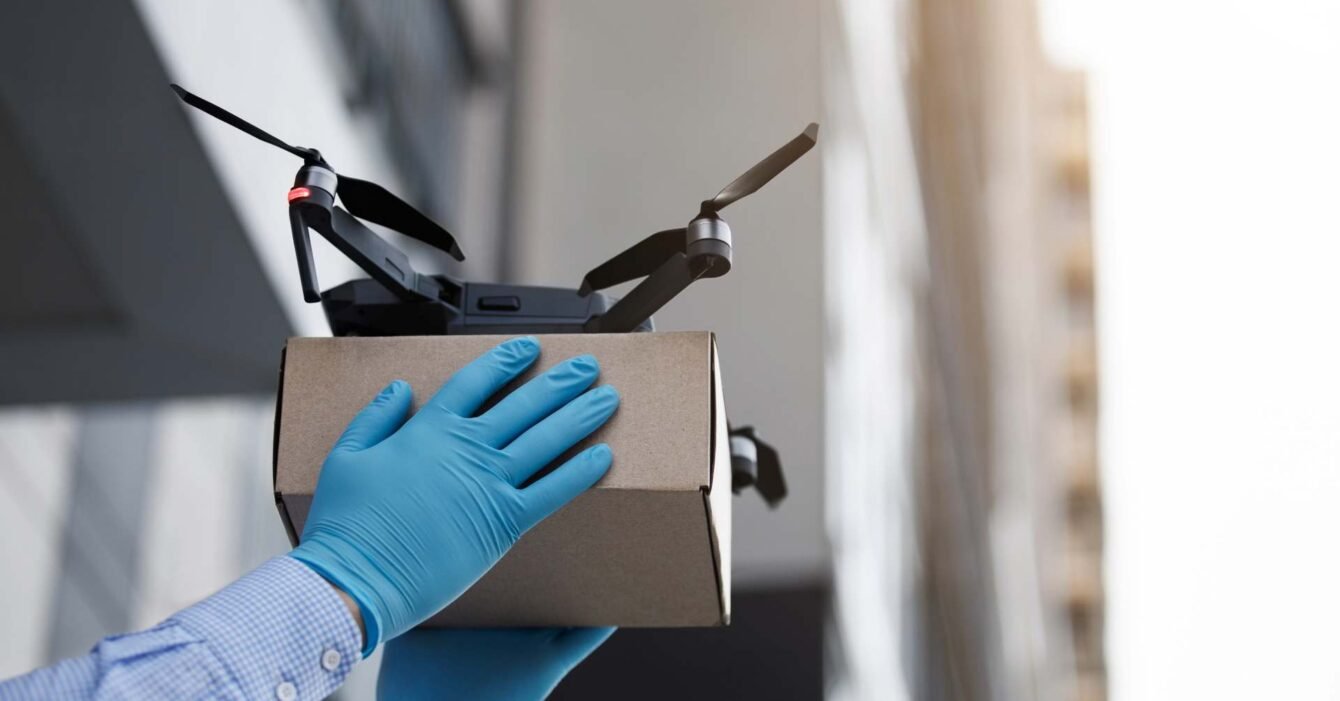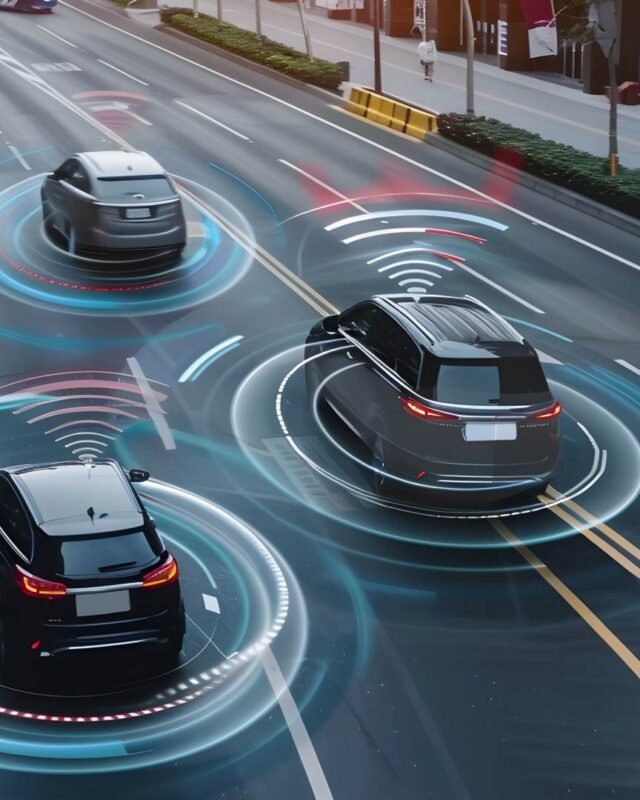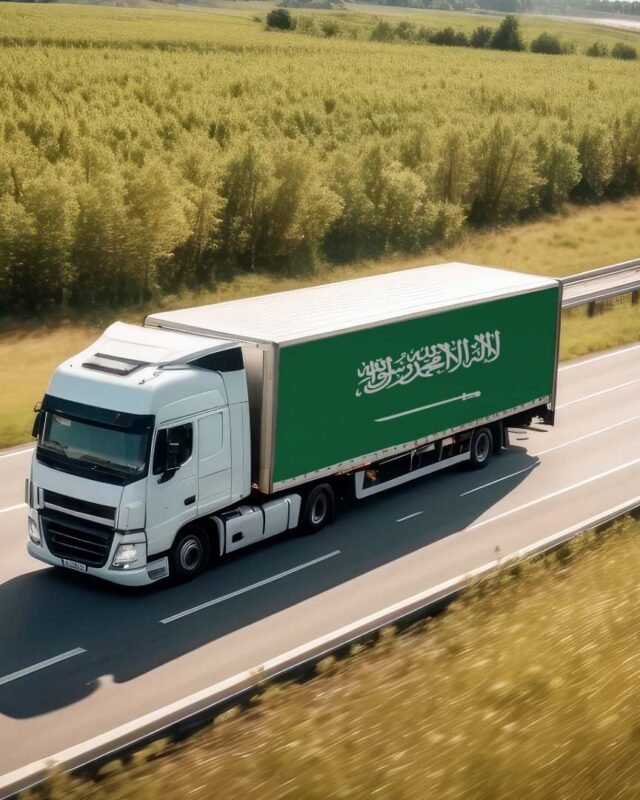The Role of Mobility Solutions in Enhancing FMCG Distribution in Saudi Arabia
As the fast-moving consumer goods (FMCG) sector in Saudi Arabia continues to expand, the need for efficient distribution systems becomes more critical. With the growing demand for quick and reliable delivery services, particularly in urban areas, businesses are increasingly turning to advanced mobility solutions to enhance last-mile delivery and optimize logistics operations. This article explores how Mobility solutions for FMCG are transforming the sector in Saudi Arabia, with a particular focus on last-mile delivery and logistics optimization.
The Growing Importance of Last-Mile Delivery
Last-mile delivery refers to the final step of the delivery process, where goods are transported from a distribution hub to the end consumer. Particularly in densely populated urban areas, this stage of the supply chain is frequently the most difficult and costly. The rise of e-commerce and the increasing expectations for rapid delivery have placed significant pressure on FMCG companies to improve their last-mile delivery capabilities.
In Saudi Arabia, the challenges of last-mile delivery are compounded by factors such as traffic congestion, complex urban layouts, and the need for precise delivery windows. Mobility solutions for FMCG are crucial in addressing these challenges by providing innovative tools and technologies that streamline the delivery process. For example, advanced route optimization software can help delivery drivers navigate traffic and find the most efficient routes, reducing delivery times and fuel consumption.
Leveraging Mobility Solutions for Logistics Optimization
Beyond last-mile delivery, mobility solutions play a vital role in overall logistics optimization for FMCG companies. These solutions encompass a range of technologies and services designed to improve the efficiency and effectiveness of supply chain operations. One key area where mobility solutions are making a significant impact is in real-time tracking and monitoring of goods.
By utilizing GPS tracking and IoT-enabled devices, FMCG companies can gain real-time visibility into their supply chains, allowing them to monitor the location and condition of goods at every stage of the journey. This level of visibility not only helps to prevent delays and disruptions but also enables companies to respond quickly to any issues that may arise during transit.
In addition to real-time tracking, mobility solutions for FMCG also include automated warehousing systems, which streamline the process of sorting, packing, and dispatching goods. These systems reduce the need for manual labor, increase accuracy, and speed up the fulfillment process, ultimately leading to faster and more reliable delivery times.
The Future of Mobility Solutions in Saudi Arabia’s FMCG Sector
As Saudi Arabia continues to invest in its infrastructure and technology, the role of mobility solutions in the FMCG sector is set to grow even further. With the development of smart cities and the expansion of 5G networks, new opportunities will arise for FMCG companies to enhance their distribution networks and improve customer satisfaction.

Moreover, the integration of autonomous vehicles and drones into the delivery process could revolutionize last-mile delivery, making it faster, more efficient, and environmentally friendly. As these technologies continue to evolve, FMCG companies in Saudi Arabia will need to stay ahead of the curve by adopting the latest mobility solutions to remain competitive in an increasingly digital and connected world.
In conclusion, mobility solutions for FMCG are essential in enhancing distribution networks in Saudi Arabia, particularly in optimizing last-mile delivery and logistics operations. By leveraging advanced technologies and innovative strategies, FMCG companies can overcome the challenges of urban distribution and meet the growing demands of consumers in the Kingdom.



